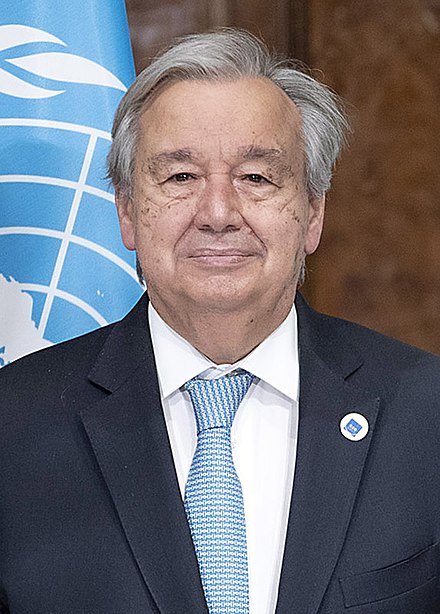Bhaktapur, 12 January 2025
The World Meteorological Organization (WMO) has confirmed that 2024 is now officially the hottest year on record, surpassing previous highs and setting off alarm bells globally. This announcement follows months of extreme weather events that devastated ecosystems, displaced millions, and disrupted economies worldwide.
Scientists attribute this record-breaking heat to the combined effects of human-induced climate change and a strong El Niño event, which amplified warming patterns. Global average temperatures in 2024 surged past the critical 1.5°C threshold above pre-industrial levels, albeit temporarily, underscoring the fragility of current climate mitigation efforts.
In response, UN Secretary-General António Guterres has issued a stark warning to world leaders. “2024’s blazing temperatures must be a wake-up call. We need trailblazing climate action in 2025 to avoid the worst of the climate catastrophe. The time to act is now,” he said in a statement, urging nations to intensify efforts toward achieving the goals of the Paris Agreement.
Escalating Consequences of Global Warming
The year 2024 bore witness to unprecedented climate extremes. Severe droughts crippled agriculture in Africa and the Americas, while catastrophic floods inundated South Asia, displacing millions. Wildfires raged across Europe and North America, destroying vast swathes of forests and releasing millions of tons of carbon dioxide into the atmosphere. The Arctic experienced record-low sea ice levels, raising concerns about accelerated polar warming and its cascading impacts on global weather systems.
The human toll has been devastating. Food and water shortages have increased, public health crises have intensified, and the economic cost of climate-related disasters has reached an all-time high, straining national budgets and global humanitarian resources.
2025: A Pivotal Year for Climate Action
The UN’s call for urgent action comes as leaders prepare to meet for pivotal climate summits in 2025, including COP30 in Brazil. Experts stress that nations must deliver on their climate pledges and increase ambitions. This includes phasing out fossil fuels, accelerating renewable energy adoption, enhancing climate resilience, and providing financial support to vulnerable nations.
A key challenge remains the sluggish pace of global emissions reduction. Current policies and pledges leave the world on track for a 2.5°C rise by the end of the century, far beyond the safe limits outlined by climate scientists.
In addition to policy shifts, António Guterres emphasized the role of individual actions. “Every person, every business, and every community has a role to play. The choices we make today will determine our future,” he said.
Photo Courtesy: Wikipedia
Science Leads the Way
The Intergovernmental Panel on Climate Change (IPCC) highlights that staying below 1.5°C of warming is still possible with rapid and sustained emissions cuts. Scientists advocate for immediate investment in clean technologies, nature-based solutions, and equitable climate finance to address the crisis effectively.
As 2025 begins, the stakes for the planet could not be higher. The hottest year on record has laid bare the urgency of collective action. With the right leadership, innovation, and cooperation, humanity can still steer itself toward a sustainable future.
Ecosphere News will continue to cover this critical issue, spotlighting stories that inspire action and innovation in the face of the climate emergency.